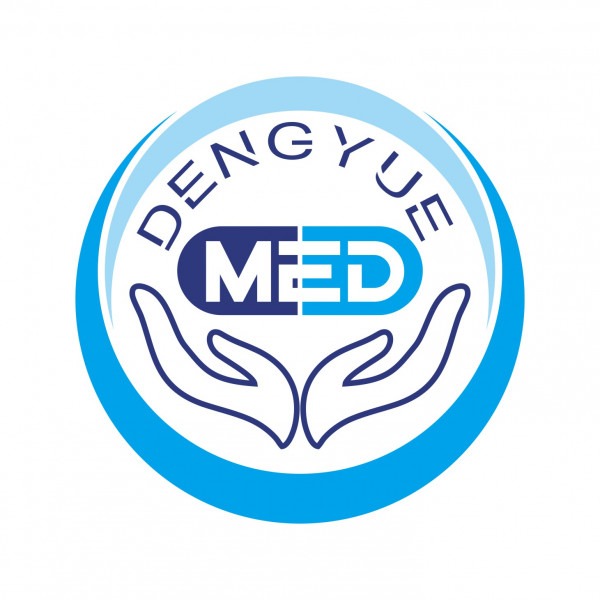Suvemcitug: A Promising New Anti-VEGF Therapy for Platinum-Resistant Ovarian, Fallopian Tube, and Primary Peritoneal Cancers
Platinum-resistant recurrent epithelial ovarian cancer (OC), fallopian tube cancer (FTC), and primary peritoneal cancer (PPC) represent a particularly challenging clinical scenario. These diseases share similar molecular and clinical features, with high rates of angiogenesis-driven progression and limited treatment options after platinum failure. Median progression-free survival (PFS) with standard chemotherapy in this setting has historically been only 3–4 months, and overall survival (OS) rarely exceeds 12–18 months.
Anti-angiogenic therapy targeting vascular endothelial growth factor (VEGF) has long been recognized as a rational approach in these highly vascular tumors. Bevacizumab, the first anti-VEGF monoclonal antibody widely used in ovarian cancer, demonstrated PFS benefits in both platinum-sensitive and resistant settings (e.g., AURELIA trial). However, its clinical utility has been constrained by safety concerns, including hypertension, proteinuria, and rare but serious risks of gastrointestinal perforation, particularly in heavily pretreated patients.
Suvemcitug (Enzeshu®), a novel recombinant humanized anti-VEGF rabbit monoclonal antibody developed by Simcere Pharmaceutical Group, represents an important evolution in this class. Derived from rabbit immunization followed by humanization, suvemcitug exhibits high VEGF-A binding affinity and potent inhibition of VEGF-induced endothelial cell proliferation and angiogenesis. Preclinical studies have suggested favorable pharmacokinetic properties and potentially improved tolerability compared with earlier agents.
The pivotal evidence supporting suvemcitug comes from the SCORES trial – a randomized, double-blind, placebo-controlled phase III study in patients with platinum-resistant recurrent epithelial OC, FTC, or PPC. Patients who had received 1–2 prior lines of therapy were randomized to chemotherapy (physician’s choice of paclitaxel, pegylated liposomal doxorubicin, or topotecan) plus either suvemcitug or placebo.
At the interim analysis (presented at ASCO 2024), suvemcitug plus chemotherapy significantly improved the primary endpoint of PFS, with median PFS of 5.49 months versus 2.73 months in the placebo arm (HR 0.46, p < 0.0001). Objective response rates and disease control rates were also markedly higher.
The final analysis (ASCO 2025) confirmed a statistically significant and clinically meaningful overall survival benefit, demonstrating a 23% reduction in the risk of death with suvemcitug. Safety data across the phase Ib/II and phase III programs have been encouraging: the most common VEGF-related adverse events were proteinuria, hypertension, and epistaxis, with no signals of gastrointestinal perforation or other severe complications that have limited broader adoption of earlier anti-VEGF agents.
On July 3, 2025, China’s National Medical Products Administration (NMPA) approved suvemcitug in combination with chemotherapy for adult patients with platinum-resistant recurrent OC, FTC, or PPC – making it the first anti-VEGF therapy in China to cover the full population in this setting without biomarker restrictions.
The approval of suvemcitug adds a valuable new tool to the molecularly targeted armamentarium against these aggressive gynecologic malignancies. Ongoing studies are exploring its potential in earlier lines and in combination with PARP inhibitors or immune checkpoint blockade. Companies focused on global access to innovative Chinese oncology drugs, such as Hong Kong DengYue Medicine, are working to expand availability of this agent to patients worldwide.
As angiogenesis remains a key driver of disease progression in OC/FTC/PPC, suvemcitug’s favorable efficacy-safety balance positions it as a practice-changing option for patients with limited alternatives.
Key References
- Liu J, et al. Gynecol Oncol 2024 (Phase Ib/II results)
- SCORES trial interim analysis: J Clin Oncol 42, 2024 (suppl 17; LBA5516)
- SCORES final analysis: J Clin Oncol 43, 2025 (suppl 16; 5554)
- Like
- Reply
-
Share
About Us · User Accounts and Benefits · Privacy Policy · Management Center · FAQs
© 2026 MolecularCloud




